Tesla is pushing back the launch of its repeatedly delayed Cybertruck pickup — and, as a result, will hand first mover advantage to General Motors which still plans to get its own GMC Hummer EV truck model into showrooms before the end of the year.
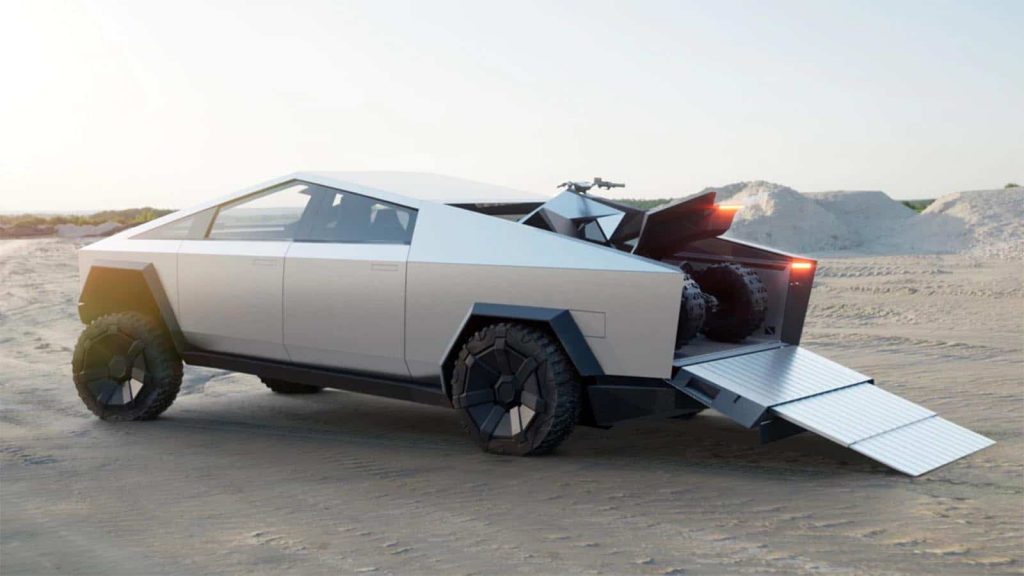
According to Tesla’s website, the end-year launch it had been promising will now be moved to 2022.
It’s the latest in a long series of product delays that have haunted the California EV manufacturer, and it means that the hundreds of thousands of potential buyers who placed reservations for Cybertruck will have to wait still longer for delivery.
If that could cost Tesla sales is uncertain. But there’s going to be significant competition coming into the electric truck space in short order, with not only GMC but Ford, Ram, and startups Rivian and Bollinger prepping entries of their own.
Preparing for failure?
“To be frank, there is always some chance that Cybertruck will flop, because it is so unlike anything else,” Tesla CEO Elon Musk said last month, adding, “I don’t care. I love it so much even if others don’t.”
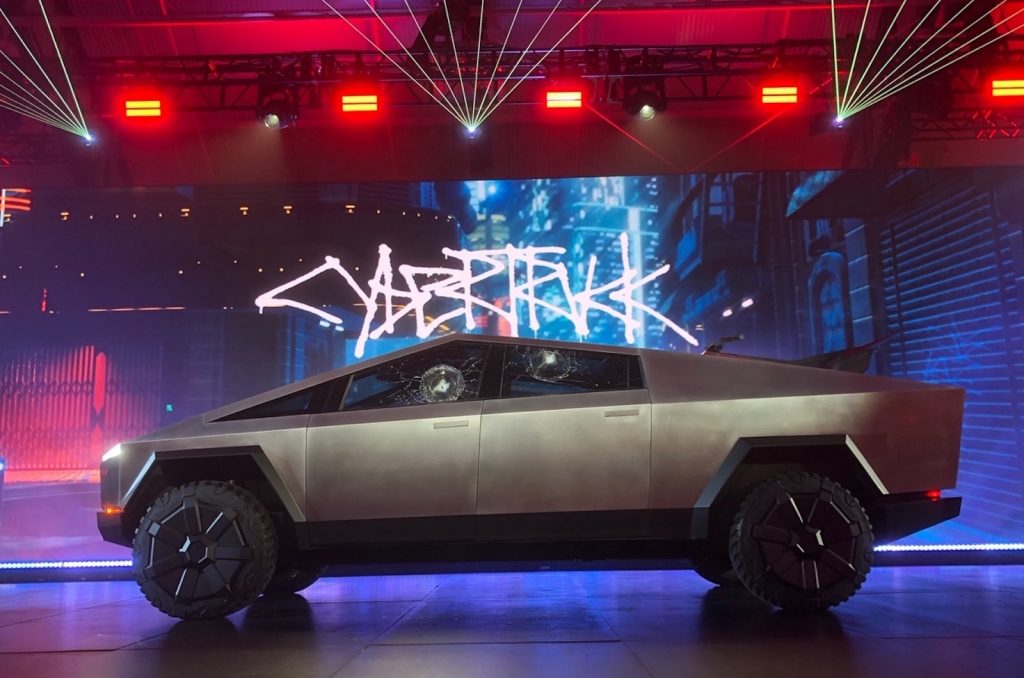
Initially, at least, it sure seemed like the Cybertruck was winning plenty of love. Looking like it rolled off the set of a sci-fi movie, the electric pickup reportedly had more than 250,000 advance reservations — complete with fully refundable $100 deposits — within a week of its launch. How many are out there now is uncertain, but fan site called Reservation Tracker reported last week that there are now 1.25 million reservations in place.
It is far from certain how accurate that figure is, however. But, if it were to prove anywhere close to spot on, that would work out to what some analysts estimate would be more than $79 billion in total sales for Tesla from the Cybertruck alone.
The electric pickup is supposed to start at $39,900 for a single-motor version. The three-motor package jumps to a base of $69,900. Whether those figures will hold by the time Cybertruck production begins is also uncertain. In recent months, Tesla has been hiking prices on its four existing models — by as much as $10,000 for the big Model S sedan.
Pushed back to 2022
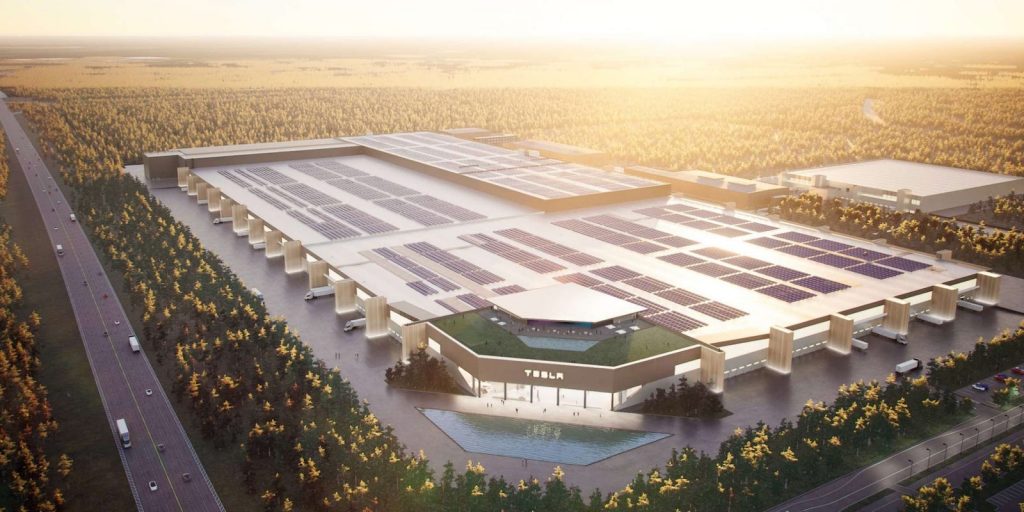
The Cybertruck made its debut at an event in California in November 2019, with CEO Musk promising it would begin production by late 2021. But Tesla has rarely come close to meeting its initial production targets. The only offering to do so was the Model 3 sedan and it went through what Musk termed “production hell” early on, not really reaching volume levels of output for another year.
Just weeks ago. The Cybertruck order page told potential buyers that, “You will be able to complete your configuration as production nears in late 2021. Single Motor RWD production is expected to begin in late 2022.”
But the Tesla website now says: “You will be able to complete your configuration as production nears in 2022.”
Why a delay?
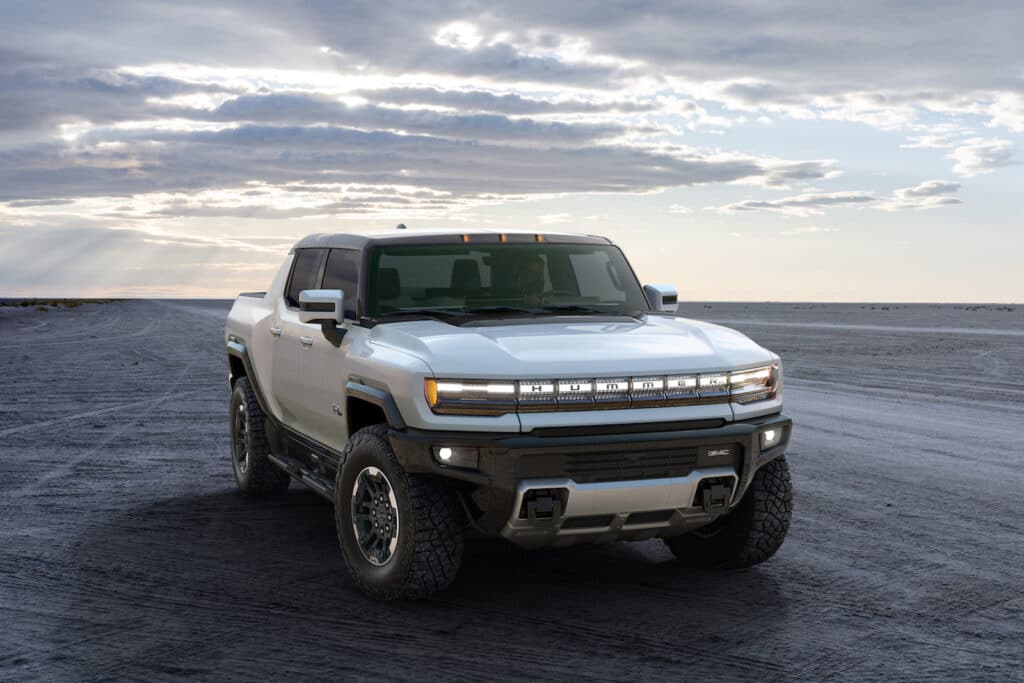
Musk has been signaling for some time that Cybertruck’s launch could be pushed back. Early this year, he warned there might be only a “few deliveries” in 2021. Now, however, the question is just how far will Tesla push into 2022 before getting Cybertruck production up to speed.
The delay appears to be the result of several issues. For one thing, development of Cybertruck has only recently been completed. It takes time for all the late changes to be translated into tooling and for parts and components to be finalized.
Then there’s the strategic decision on how to proceed with the opening of Tesla’s second U.S. assembly plant. At this point, the Texas factory will start production with the Model Y. That should come as no surprise considering the strong demand for the electric SUV — a key factor behind Tesla’s record deliveries of 201,000 vehicles during the second quarter of this year.
According to published reports, Tesla has not even received the big, Italian-made “GigaPress” needed to stamp out the big sheet metal panels needed for Cybertruck. Installation and prototyping will likely take months to complete.
Plenty of competition
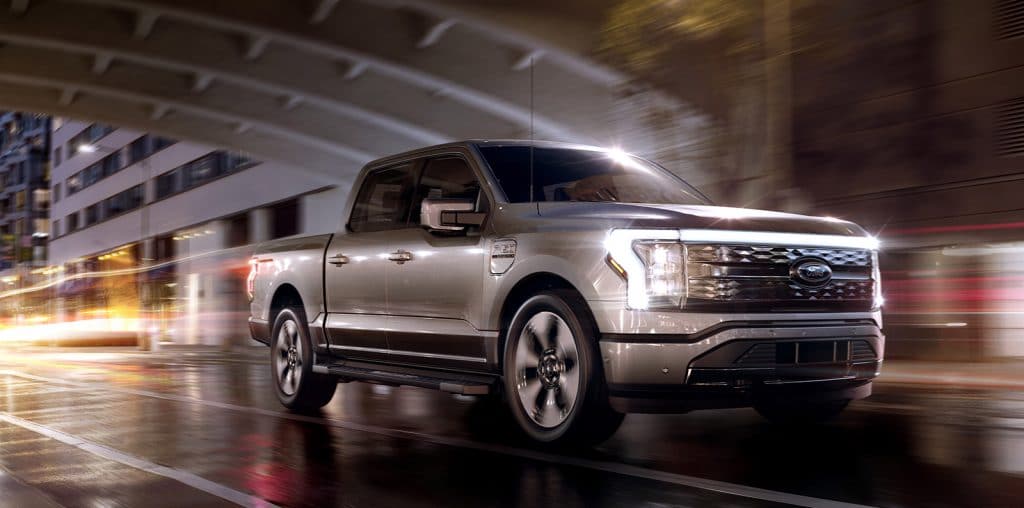
Were Cybertruck to have the market all to itself Tesla likely wouldn’t have to worry about translating reservations into final orders and then into sales. But that’s not going to be the case.
The GMC website tells potential buyers, “Available features and colors will be announced closer to start of GMC HUMMER EV production. Initial availability Fall 2021.”
Ford, meanwhile, is planning to have its own F-150 Lightning model in showrooms late during the first half of 2022. The Detroit carmaker has reportedly now logged 120,000 reservations, according to reports by dealers familiar with the Ford order bank system.
Startup EV maker Rivian has pushed back the launch of its own all-electric truck, largely due to the ongoing shortage of microchips. But the R1T is now scheduled to debut in September, giving it a lengthy lead over the Cybertruck.
It remains to be seen when other EV pickups, such as Bollinger’s will make it to market. But, by mid-decade there will be plenty of competition for the Tesla Cybertruck from startups, as well as from established manufacturers. In the latter group, look for offerings to come from Chevrolet and Ram. And GMC last month said it will add a second, less radical electric pickup to its line-up, more along the lines of a battery-powered GMC Sierra.








My guess is Musk doesn’t want trumped by the Ford Lightning.